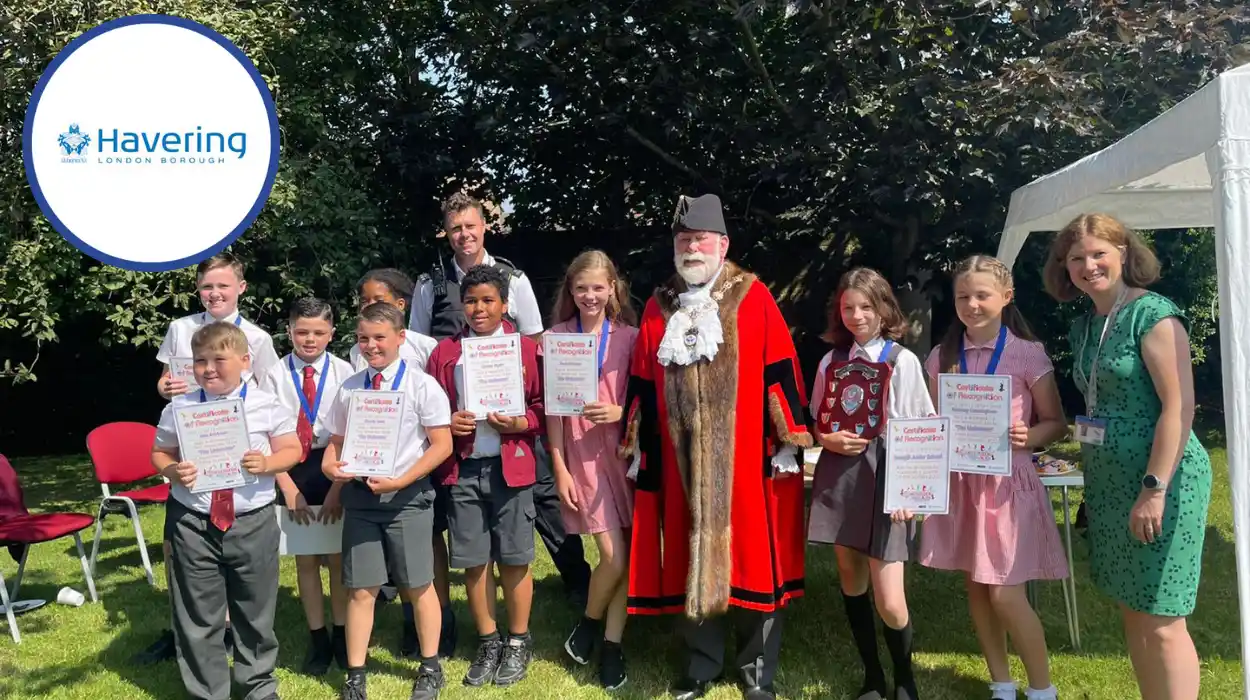Key Points
- Approximately 2,500 pupils from across Havering took part in the 2025 Junior Citizen Scheme.
- The programme aims to teach young people essential life skills to help keep them safe within their communities.
- The scheme includes practical sessions on safety, awareness, and community engagement.
- The initiative is part of an ongoing effort by local authorities to enhance youth safety and preparedness.
- Pupils engage with emergency services and learn about real-life scenarios.
- The scheme fosters responsibility and confidence among young participants.
What is the Junior Citizen Scheme and why is it important?
As reported by local educational authorities and community leaders, the Junior Citizen Scheme is an annual educational programme designed to equip young people with vital life skills that promote safety and awareness in their everyday environments. This year, around 2,500 pupils from schools across the East London Borough of Havering participated, marking a significant engagement in the community’s efforts to foster safer neighbourhoods.
The scheme’s importance lies in its practical approach to teaching children how to respond to emergencies, understand risks, and develop a sense of responsibility towards themselves and others. It addresses topics such as fire safety, road safety, first aid, and dealing with strangers or bullying, which are critical for young people’s well-being and confidence1.
How does the scheme operate and who participates?
The Junior Citizen Scheme operates through a series of interactive workshops and real-life scenario exercises facilitated by local emergency services, including the police, fire brigade, and health professionals. Pupils rotate through different stations where they learn through hands-on activities and demonstrations.
Participants are typically Year 6 pupils (aged 10-11) from primary schools across Havering. The scheme is coordinated by the local council in partnership with schools and emergency services, ensuring a comprehensive and engaging experience for the children.
What are the key learning outcomes for pupils?
According to organisers, the scheme aims to instil crucial life skills such as:
- Understanding how to stay safe at home, school, and in the community.
- Recognising hazards and knowing how to react appropriately.
- Developing confidence in seeking help from trusted adults and emergency services.
- Encouraging positive citizenship and community involvement.
These outcomes are intended to empower pupils to make safer choices and contribute positively to their communities.
What feedback has been received from participants and organisers?
Feedback from pupils has been overwhelmingly positive, with many expressing that the scheme helped them feel more prepared and aware of potential dangers. Teachers and organisers have noted improvements in pupils’ confidence and understanding of safety issues.
Havering Council representatives highlighted the scheme’s role in community safety strategies, emphasising the value of early education in preventing accidents and promoting responsible behaviour among young people.
How does the Junior Citizen Scheme fit into broader community safety initiatives?
The scheme is part of a wider set of initiatives aimed at reducing youth vulnerability and enhancing public safety in Havering. By engaging children at a young age, the programme supports long-term community resilience and helps build trust between young people and emergency services.
It also complements other local efforts such as neighbourhood watch schemes, youth outreach programmes, and safety campaigns, creating a holistic approach to community well-being.
This year’s Junior Citizen Scheme once again demonstrated the commitment of Havering’s educational and emergency service partners to safeguarding young people and equipping them with the knowledge and skills to navigate their environments safely. The participation of approximately 2,500 pupils underscores the scheme’s reach and impact within the community.



